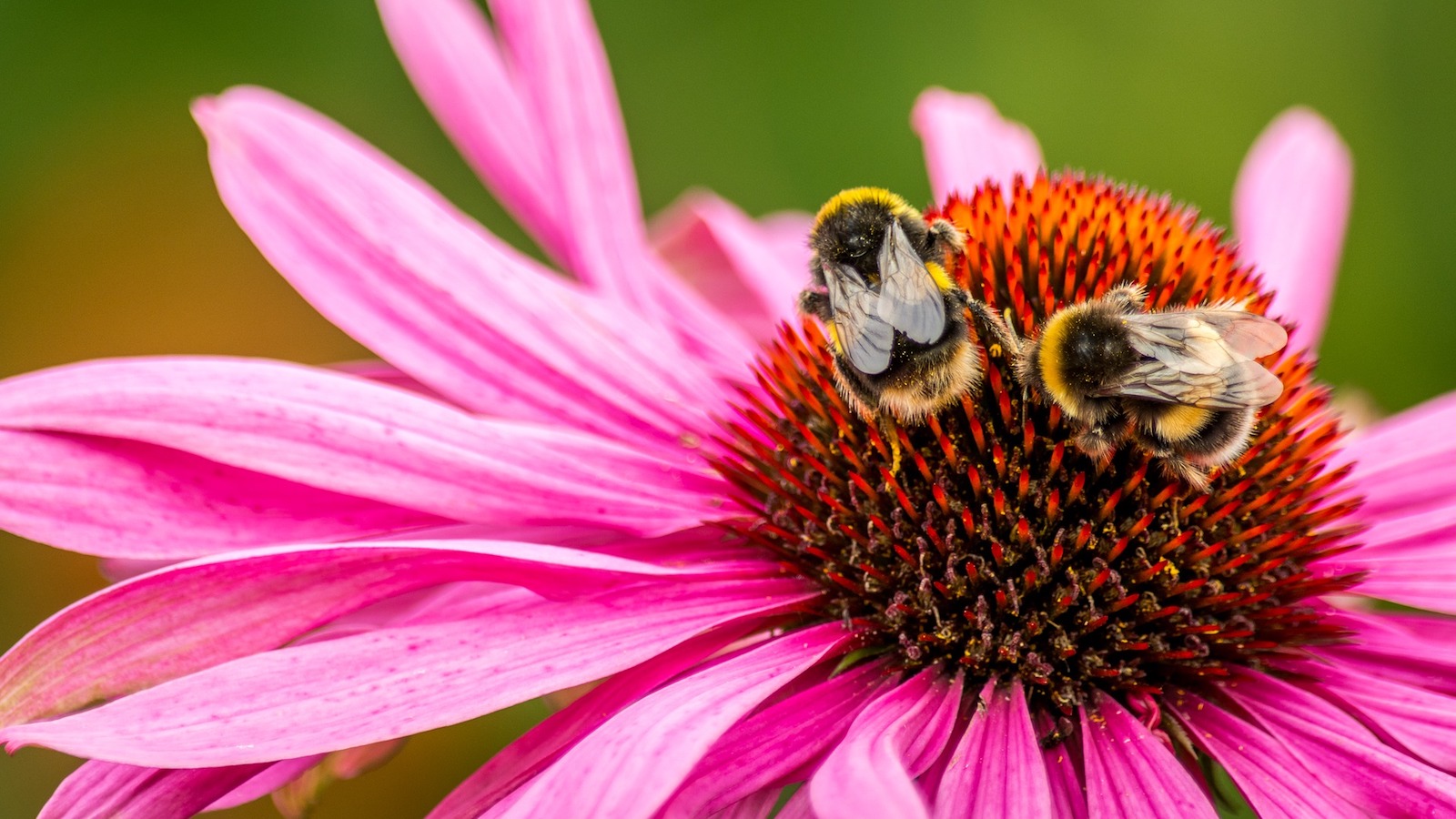
3 ways neonic pesticides are harming bees
Neonicotinoid pesticides are called “bee-killing pesticides” for a reason. But what exactly do they do to bees?
We are working to save the bees - from asking Amazon to stop selling bee-killing pesticides to sharing bee-friendly garden tips - and you can help.
Bees play a crucial role in our lives. But as our society uses more pesticides, their populations are plummeting. Fortunately, we know how to help them: protecting already-existing bee habitat, expanding habitat by planting pollinator-friendly plants in our own gardens and on public lands, and ending the worst uses of the pesticides that are killing them. Together, we can save the bees.
Neonicotinoid pesticides are called “bee-killing pesticides” for a reason. But what exactly do they do to bees?
TAKE ACTION
Learn more about the ways our world relies on bees.
Supporting Environment Colorado is the very best way we can reverse environmental deterioration and improve the quality of our many treasured state resources including water, air, farmland and incomparable natural wonders.Tim and Julie Walsh, Members, Environment Colorado
We spoke with local garden shop owners to get recommendations for bee-friendly flowers and ways to avoid using pesticides to keep your gardens healthy. We also highlighted a new law that will limit bee-killing neonics in Colorado starting in July.
To save the bees, you should avoid toxic bee-killing pesticides called neonicotinoids. Use our guide to identify which pesticides contain neonicotinoids.
Bees are essential to agriculture. But the way we grow food is putting bees at risk. Moving away from monoculture farming can be part of the solution.
Thinking of planting a pesticide-free garden? This guide will help you create a pollinator haven free of neonicotinoids and other unwanted pesticides.
Birds migrate south. People plan tropical getaways. But what do bees do when cold winds sweep in and summer blossoms wither away?
Senior Director, Conservation America Campaign, Environment America
Managing Director, Frontier Group; Senior Vice President, The Public Interest Network
